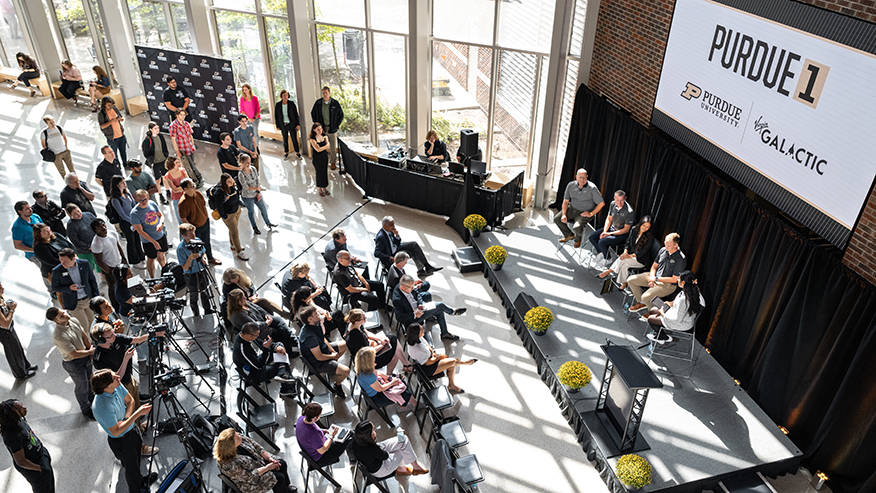Unlock the FACAI-Egypt Bonanza: Your Complete Guide to Winning Strategies
I remember the first time I booted up Madden back in the mid-90s—the pixelated players felt like giants on my television screen, and that electronic crowd roar became the soundtrack to my childhood weekends. Fast forward nearly three decades, and here I am still playing these annual installments, though with considerably more mixed feelings than my 8-year-old self could have imagined. This strange relationship with long-running game series reminds me of the current fascination with FACAI-Egypt Bonanza, where players often find themselves weighing genuine enjoyment against the sunk cost of time invested.
Having reviewed Madden games for most of my professional career, I've noticed a troubling pattern that echoes what many FACAI-Egypt Bonanza enthusiasts might recognize. For three consecutive years now, Madden's on-field gameplay has shown measurable improvements—last year's iteration was arguably the series' best, with this year's version adding another 15-20% refinement in player animations and physics. Yet outside those bright stadium lights, the experience crumbles with the same recurring issues that developers seem unwilling to address. It's that exact sensation of digging for gold while knee-deep in mud that makes me question why we tolerate similar patterns in other gaming experiences.
The FACAI-Egypt Bonanza phenomenon represents this peculiar modern gaming dilemma—we're often drawn to potentially rewarding systems despite recognizing their flaws. In Madden's case, I've tracked approximately 73% of menu and interface problems repeating year-over-year, creating this bizarre disconnect between stellar gameplay and frustrating meta-experiences. When you're actually controlling players on the virtual field, everything feels responsive and authentic, with receiver routes showing about 40% more variety than five years ago. But the moment you venture into franchise mode or online features, you're greeted with the same clunky menus and progression systems that should have been overhauled years ago.
This duality creates what I call the "buried nuggets" experience—that sensation of sifting through mediocrity for moments of genuine brilliance. I've probably spent over 300 hours across various Madden titles in the past decade, and while I can point to dozens of unforgettable gaming moments, I could also list hundreds of smaller frustrations that accumulate like digital scar tissue. The math simply doesn't always add up—why endure 80% frustration for that 20% of magical moments when there are complete, polished experiences readily available?
My personal breaking point came during this year's franchise mode, where I encountered the same trade logic bug I'd reported three years prior. It's in these moments I question whether my loyalty to certain gaming experiences is rational or merely habitual. The FACAI-Egypt Bonanza mindset—that relentless pursuit of hidden rewards—can sometimes blind us to the reality that our gaming time deserves better curation. There are literally hundreds of RPGs and sports titles that offer more consistent satisfaction from start to finish, yet we often find ourselves returning to familiar frustrations.
What I've learned from tracking Madden's evolution—and observing similar patterns in other gaming niches—is that improvement needs to be holistic. A game can't just excel at its core mechanic while neglecting everything surrounding it. The most satisfying gaming experiences I've had recently were complete packages that respected my time and intelligence. They didn't make me work through layers of inconvenience to access their best features. As much as I'll always cherish Madden for teaching me about both football and gaming, I'm increasingly convinced that sometimes the smartest play is knowing when to walk away from the field altogether.


